The topics were loaded: flags in the church sanctuary; separation of church and state.
Nine United Methodist pastors from South Carolina with differing political views met online with a facilitator recently to learn a set of techniques for talking about such polarizing political differences.
The sessions were meant to teach them how to actively listen and demonstrate understanding.
As each pastor spoke about his or her views on the topic, their peers took turns reflecting back on what they said in a practice meant to help the pastor feel understood.
It was harder than many in the group thought.
Your tax-deductible gift helps our journalists report the truth and hold Christian leaders and organizations accountable. Give a gift of $30 or more to The Roys Report this month, and you will receive a copy of “Hurt and Healed by the Church” by Ryan George. To donate, click here.
One pastor, trying to restate a colleague’s view, remembered a small detail not relevant to the larger point. Another did what many pastors do — she added her own homiletic gloss to the argument. Yet another pastor admitted he stopped listening to the details of his fellow pastor’s position because he was already trying to formulate his own response.
Polarization is dividing American society, not only politically but socially, geographically, ideologically and religiously. Distrust, contempt, even enmity are rising. United Methodists are splitting over the ordination and marriage of LGBTQ people. Jews are divided on their views of Israel. Evangelicals are torn about coronavirus restrictions, vaccines, critical race theory or whether the 2020 election was stolen.
Resetting the Table, a 5-year-old organization dedicated to creating meaningful dialogue across political divides, is trying to engage clergy and congregations — among other groups — in more productive discussions.
The group is under no illusions it can resolve conflict or foster agreement. Its training sessions do not attempt to produce consensus or even find common ground. There’s no expectation participants might walk away thinking differently about an issue.
Rather, the techniques they teach are meant to allow people with deep differences to see each other in all their humanity.
“Listening to those who disagree with us is part and parcel of what it means to listen for God’s voice,” said Rabbi Melissa Weintraub, the founding co-director of Resetting the Table. “We need to investigate our differences courageously.”
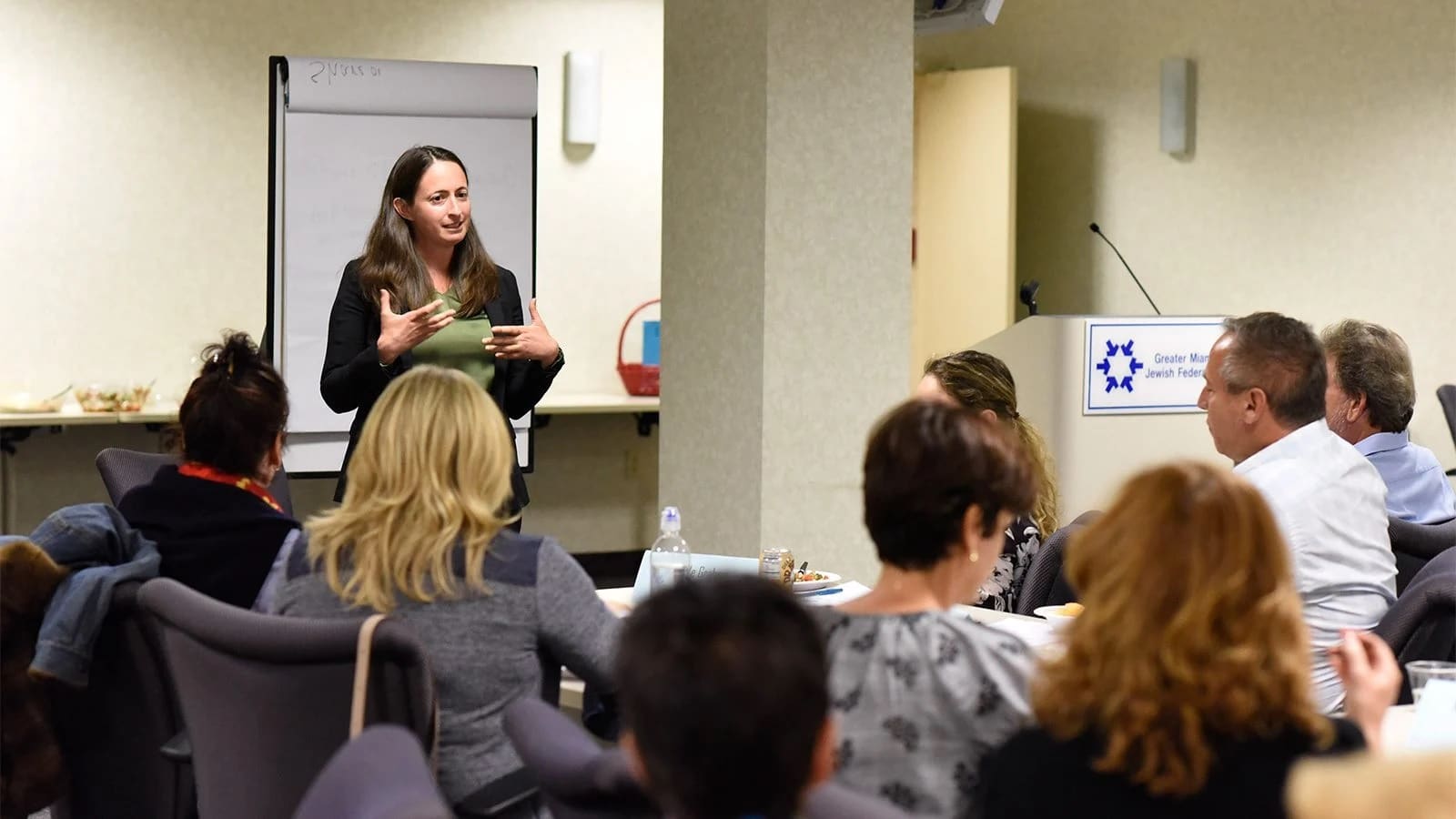
The organization has so far trained some 43,000 people in a carefully structured process that allows participants to listen, speak and challenge each other respectfully. With funding from Steven Spielberg and Kate Capshaw’s Heartland Foundation, it works not only with clergy and congregations but also with entertainment industry workers, journalists and care professionals. But its work among religious groups is especially critical because those communities are among the last places where people with differing worldviews gather together.
Weintraub has become an expert on disagreement. As she was finishing her rabbinic degree from Jewish Theological Seminary, she co-founded Encounter, a Jewish organization that takes U.S. Jews on trips to Bethlehem, East Jerusalem and Ramallah to meet with Palestinians and better understand the Israel-Palestinian conflict.
Resetting the Table, her newest venture, does much of its work in Jewish settings. But with a staff of 11 and a network of facilitators, it recently expanded its training to include clergy from other faith traditions, mostly Christian. (A short documentary about the group’s work in rural communities in Wisconsin and Iowa, shows how the process works.)
The Rev. Robin Dease, pastor of St. Andrew by the Sea in Hilton Head, South Carolina, and a former district superintendent in the state’s United Methodist Conference, said the tensions she sees in her own denomination led her to propose the two sessions among her clergy colleagues.
United Methodists are in the process of splintering, Dease said, and people aren’t engaging with one another.
“People leave abruptly without any conversation, without gathering to delve into the issue: theologically, spiritually, exegetically and socially. We’re not having the conversation,” Dease said.
Dease, who also serves on the denomination’s social justice arm, the General Board of Church and Society, had heard about Resetting the Table and participated in an interfaith training session for clergy from Southeastern states earlier this year. After it concluded, she picked a group of fellow pastors — some liberal, some conservative — from her own denomination to deepen the practice.
An initial session last month asked the participants to talk about formative life experiences. It then asked the clergy to complete a survey about their beliefs, which the facilitator used to assess broad areas of disagreement. During the next session, people of differing views were matched in smaller groups.
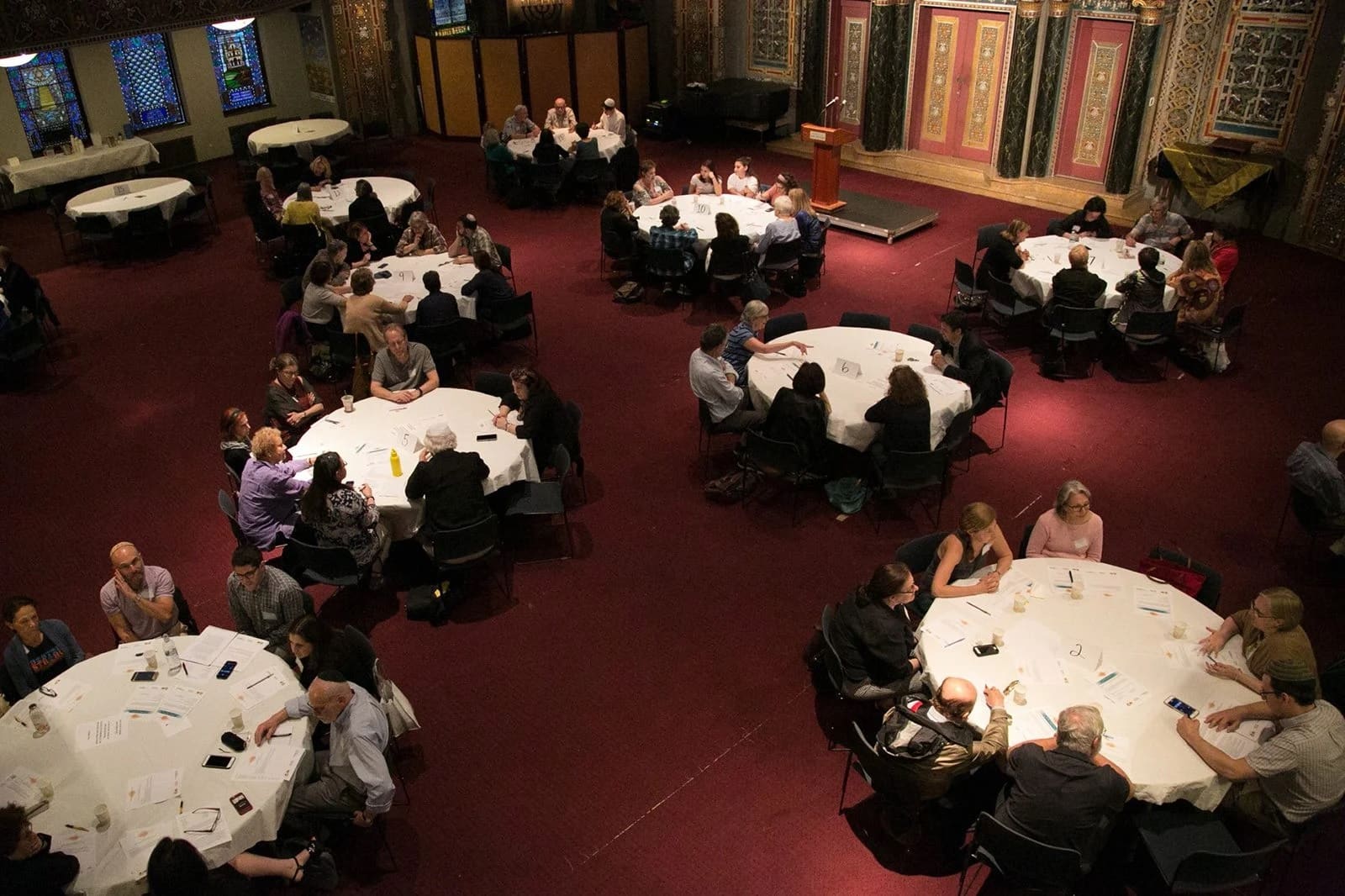
Resetting the Table techniques are modeled after a practice known as “transformative mediation.” Unlike traditional mediation, which aims to resolve disputes by arriving at mutually acceptable solutions, transformative mediation seeks to give people skills to see and understand the other person’s point of view so they are more willing to relate to one other respectfully.
The idea, said Eyal Rabinovitch, the co-executive director of Resetting the Table, is to disarm conflict’s destructive powers.
“One of the greatest insights from the world of trauma therapy is that people are their most receptive selves when they are seen as they wish to be seen,” Rabinovitch said. “We want people to say, ‘Yes, that’s exactly me.’ That makes all the difference in producing receptivity. Lots of changes can happen in those moments.”
When differences emerge, participants are asked to slow down the conversation, pause their own reactions and listen carefully. They are urged to look for “signposts of meaning,” words or expressions that convey particular passions. They are then asked to relate back what they heard the speaker say and to ask if their rephrasing is accurate.
The training was powerful for a Lynchburg, Virginia, evangelical church that signed up 15 members to participate in a set of trainings this past April. Mosaic, a small church that meets in a shopping center, had experienced disagreement over pandemic closures. Some members left. Others nursed grudges for the church’s willingness to follow government-issued mandates they felt were an infringement on their liberties.
“I was fascinated to learn that it was very easy for me on some issues to take a very set view and not have a generous interpretation of what the other individual believes,” said Ron Miller, a Mosaic Church elder who works as the online dean for the School of Government at Liberty University. “The idea of looking at the other side of the issue and interpreting it more generously is a game changer if we apply that as a daily discipline.”
Miller is now working with Resetting the Table to convene a training for Lynchburg clergy this fall. He thinks the practices might also be helpful for Liberty University employees, too.
Rabinovitch acknowledged that clergy with big public platforms and a following that hinges on their extreme positions are unlikely to want to participate because doing so requires a degree of vulnerability. But they say most people yearn to communicate better.
But Jeff Nitz, an elder at Mosaic Church in Lynchburg, said the work may well save society from an escalating cycle of mutual distrust.
“It’s about getting closer to your neighbor,” he said. “We’re not caricatures. We’re real people. You can’t have that if you’re not listening to the other.”
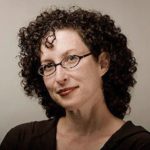 Yonat Shimron is a national reporter and senior editor for Religion News Service.
Yonat Shimron is a national reporter and senior editor for Religion News Service.




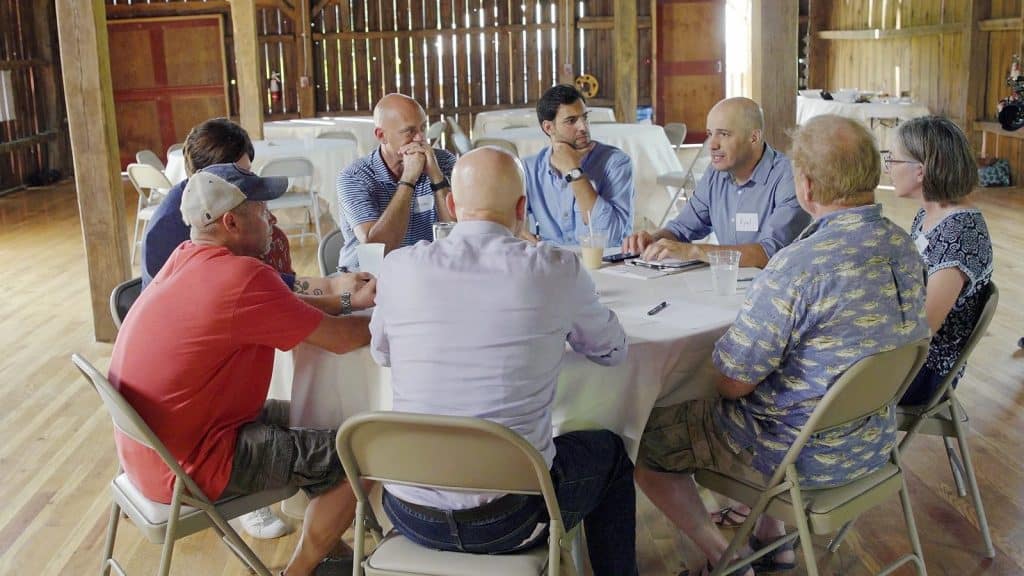

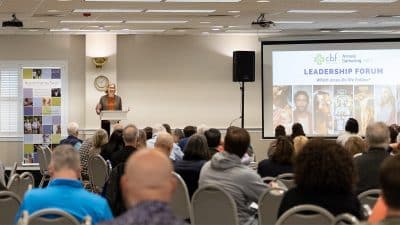

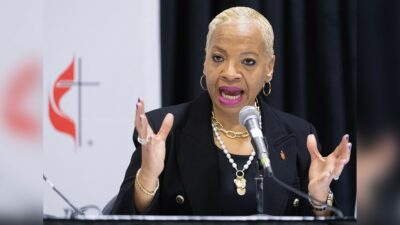



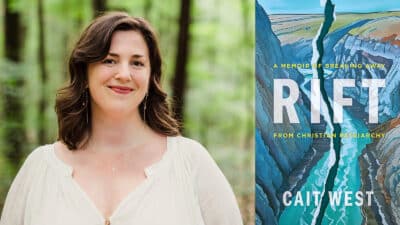






8 Responses
My Baptist friends could use something like this. I would love to get more information…!
It seems like after years of waging culture war I have come to realize that you just can’t tell people to change thier conscience at will about anything. A lifetime of experiences and stories and traumas and joys have shaped who we all are today. For this reason I’m trying to learn to understand what brings people to the place they’re in and realize had I walked thier path, I might very well feel the same way they do.
I hope this group continues to bring folks together and help them listen with thier hearts.
I think that’s very nice, and I hope improving their skills at listening and understanding improves communication for these pastors and their congregations.
I fully agree with the thinking motivating the project this article speaks to. While I don’t personally like the idea of being constricted by the presumptions and techniques the project recommends. I think that empathy with others, which is what the project speaks to, can be done in myriad ways, and must be done if humanity is to avoid pitfalls.
One thought that comes to mind, is about the disagreements between those supporting TRR and those and that TRR critiques journalistically and spiritually. While I take a great deal of personal value from the TRR output, I remain concerned by the degree of polarisation its work initially yields. Could and should the imperatives of the project this article reports on, be applied to these TRR associated disagreements.
A thinker I like, Emmy Van Deurzen, recommends that we should “reflect rather than react”; which seems on the same track as the project here reported.
The irony here is that TRR is very much a conservative outfit yet all of the antipathy toward TRR I have seen posted in the comments has been from the reactionary right, and much of the indignation has been triggered by simply reporting facts with no commentary involved.
There really is little more TRR can do, or should do here. There is a strand of far right conservative Christianity in this country that will brook no dissent, no deviation from the hard line they take, where even acknowledging the existence of millions of moderate and liberal Christians in a factual, uncritical manner is beyond the pale.
It’s no accident that many of the abuses that TRR reports on are by people who employ this “it’s my way or the highway” attitude to hide their abusive behavior and protect themselves when starts to go wrong.
So, yeah, it would be great if those who attack TRR for doing their job would reflect on what they’re doing, but I’m not holding my breath.
“My analysis begins with a remarkable essay that Jonathan Rauch wrote for National Affairs in 2018 called “The Constitution of Knowledge.”
https://tinyurl.com/ycrgnp8c
“Rauch pointed out that every society has an epistemic regime, a marketplace of ideas where people collectively hammer out what’s real. In democratic, nontheocratic societies, this regime is a decentralized ecosystem of academics, clergy members, teachers, journalists and others who disagree about a lot but agree on a shared system of rules for weighing evidence and building knowledge.
….
“What to do? You can’t argue people out of paranoia. If you try to point out factual errors, you only entrench false belief. The only solution is to reduce the distrust and anxiety that is the seedbed of this thinking. That can only be done first by contact, reducing the social chasm between the members of the epistemic regime and those who feel so alienated from it. And second, it can be done by policy, by making life more secure for those without a college degree.
“Rebuilding trust is, obviously, the work of a generation.”—David Brooks
excerpt from, “…When one party becomes detached from reality.”
https://tinyurl.com/y2yrqbrq
David Brooks, the moderate Republican, had this very intriguing opinion piece, I took the second line of the articles title as its title. It should be noted the article itself has many denotative features, but the connotative effect of the title, I would assume would stop many people from reading it, and Mr. Brooks does make a rational argument for his position.
I would also point out that the New York Times has started to charge people for reading their material, so the above portion from the Times may not be free. ????
“…. every society has an epistemic regime, a marketplace of ideas where people collectively hammer out what’s real ….”.
Jim, I agree. However not everyone buys in to that regime, or wishes to buy into that regime, or could authentically buy into that regime. Beyond the constituency of makers and sustainers of that regime, are those who see and experience its dynamic and substantive flaws.
We now live in an era of generalised and accessible education; the internet playing a large part in that. Myriad sub constituencies now mobilise actively to see their agency play part in what is “real”.
There came a time where an emerging middle class took authorship of the epistemic regime away from an aristocracy. Today we have a middle class of ‘managers’, who are taking authoring of epistemic regimes somewhat away from the constituency you cited.
But, Colin, rational People do you have to have common and standards to determine the truth standards to determine the truth?
‘….
One rule is that any hypothesis can be floated. That’s free speech. But another rule is that a hypothesis can join reality only insofar as it persuades people after withstanding vigorous questioning and criticism. That’s social testing. Only those propositions that are broadly agreed to have withstood testing over time qualify as knowledge, and even they stand only unless and until debunked.
‘The community that follows these rules is defined by its values and practices, not by its borders, and it is by no means limited to scholars and scientists. It also includes journalism, the courts, law enforcement, and the intelligence community — all evidence-based professions that require competing hypotheses to be tested and justified. Its members hold themselves and each other accountable for their errors. When CNN, in 2017, fired three senior journalists for getting a story wrong, President Trump gloated that the “Fake News” media’s dishonesty had been exposed. (His tweet: “So they caught Fake News CNN cold, but what about NBC, CBS & ABC?”) In fact, the opposite was true: By demanding evidentiary accountability, CNN showed that, unlike Trump, it adheres to standards of verification….’—Jonathan Rauch
“The Constitution of Knowledge”
https://tinyurl.com/ycrgnp8c